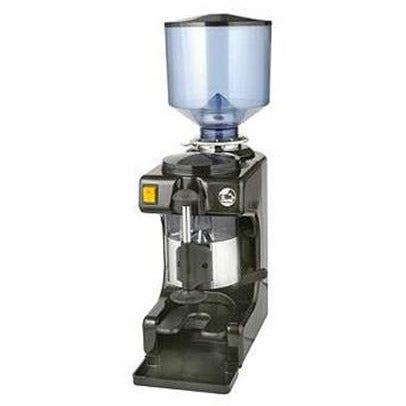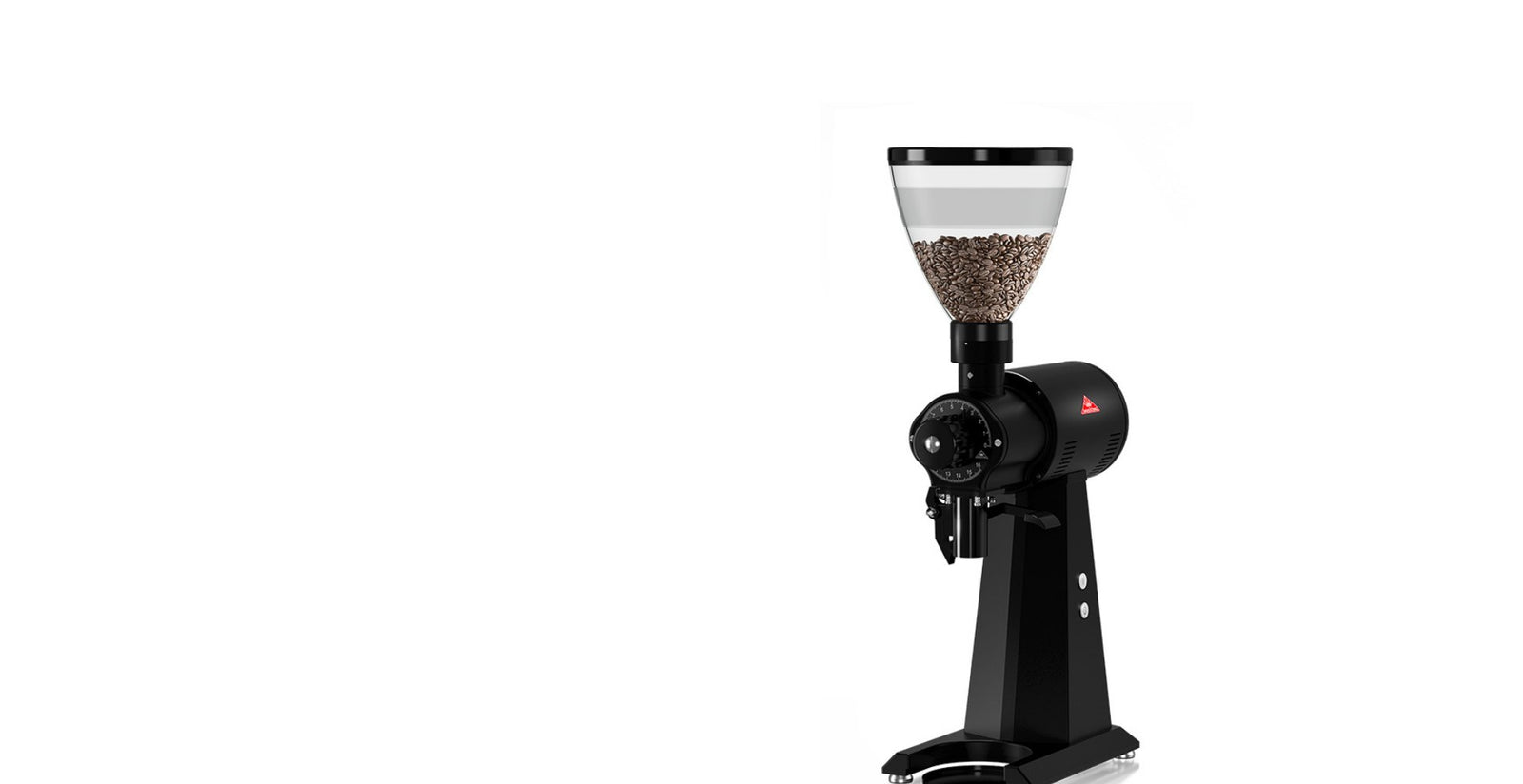Industrial Coffee Grinder: Cost, Quality, and Functionality Examined
Industrial Coffee Grinder: Cost, Quality, and Functionality Examined
Blog Article
Industrial Coffee Mill Guide: Boost Efficiency and Quality
In the affordable landscape of coffee manufacturing, selecting the best industrial coffee mill plays a pivotal duty in enhancing both efficiency and product quality. Comprehending the nuances of numerous grinder types and vital attributes-- such as personalized work settings and robust construction-- can substantially influence the final taste account of the coffee.
Recognizing Grinder Kinds
When choosing an industrial coffee mill, recognizing the numerous kinds available is vital for enhancing both taste removal and functional performance. The two key kinds of grinders are blade grinders and burr grinders. Blade mills use sharp blades that cut coffee beans right into irregular sizes, resulting in unequal removal and possibly unwanted flavors. While blade mills are often more budget-friendly and appropriate for small-scale procedures, they are usually not recommended for commercial use.

Eventually, selecting the best sort of grinder is indispensable to preserving quality and efficiency in coffee production, making it imperative for organizations to invest in high-quality burr grinders for ideal outcomes.
Key Attributes to Consider
Choosing a commercial coffee mill requires careful factor to consider of several key functions that can significantly affect both efficiency and the general coffee experience. Among the main elements to assess is the grinding device. Burr mills are usually preferred over blade mills, as they give a constant grind dimension, which is crucial for ideal extraction and taste.
One more essential function is the grinder's ability. A versatile grinder with several settings permits you to customize the grind size to various brewing methods, enhancing the coffee's flavor account.
The building and construction product likewise contributes in toughness and upkeep. Stainless steel parts usually use durability and are less complicated to clean, which is crucial for preserving hygiene requirements. Examine the grinder's noise degree, especially in an active café or production environment, where extreme sound can be turbulent. Investing in a grinder that balances these functions can substantially enhance both functional effectiveness and the high quality of the coffee offered.
Optimizing Grinding Process
To attain the ideal outcomes in coffee prep work, optimizing the grinding process is necessary. The work dimension considerably influences extraction, flavor, and total quality of the made coffee.


In addition, keeping track of the grinding speed can maximize the process. Slower grinding usually generates less warm, preserving delicate flavors and scents. Conversely, faster grinding might create extreme heat, negatively influencing the coffee's quality.
Upkeep and Treatment Tips
Proper maintenance and care of industrial coffee grinders are vital for guaranteeing optimum performance and durability. Routine cleansing is the foundation of maintenance; deposit build-up can influence flavor and grinding effectiveness. It is a good idea to clean the grinder after each usage, wiping down the outside and eliminating any type of coffee grounds from the burrs.
In addition, check the grinding burrs for deterioration. Plain burrs can compromise grind uniformity, so they should be replaced as required. Industrial Coffee Grinder. Regularly calibrating the mill is additionally critical, as this maintains the desired work size for different developing methods
Lubrication of moving parts must be done according to the manufacturer's specifications, as this decreases friction and lengthens the life of the tools. It is necessary to make use of food-grade lubes to guarantee safety and security and compliance with wellness policies.
Finally, maintain the grinder in a dry and steady environment to protect against corrosion and deterioration. By sticking to these maintenance and care suggestions, operators can improve the effectiveness of their commercial coffee grinders while ensuring top notch outcome and extended functional life.
Roi Analysis
Reviewing the roi (ROI) for commercial coffee mills is vital for organizations looking for to optimize their coffee manufacturing abilities. A complete ROI analysis assists figure out the economic viability of purchasing top notch mills, enabling organizations to weigh the first costs against possible gains.
Analyze the purchase price of the grinder, consisting of installment and any type of essential modifications to existing facilities. High-performance mills frequently lead to lowered grinding time and raised throughput, which can significantly enhance efficiency.
In addition, take into consideration the important source effect on item quality. Industrial Coffee Grinder. Superior mills produce an even more constant grind dimension, which can boost flavor profiles and client satisfaction, inevitably driving sales. By increasing the high quality of the end product, services can justify higher prices, bring about raised income
Verdict
In recap, a commercial coffee grinder plays a pivotal function in improving both efficiency and item top quality within coffee production. Eventually, the tactical financial investment in a reliable mill adds dramatically to boosted revenue and competition in the coffee sector.
In the competitive landscape of coffee manufacturing, choosing the best industrial coffee grinder plays an essential duty in boosting both effectiveness and product high quality. The two main types of grinders are blade grinders and burr grinders. Within the burr grinder classification, there are flat burr grinders and cone-shaped burr grinders, each with its advantages. Burr mills are typically liked over blade mills, as they offer a consistent grind size, which is vital for optimum removal and flavor.
In recap, an industrial coffee mill plays a pivotal role in enhancing both performance and item quality within coffee production.
Report this page